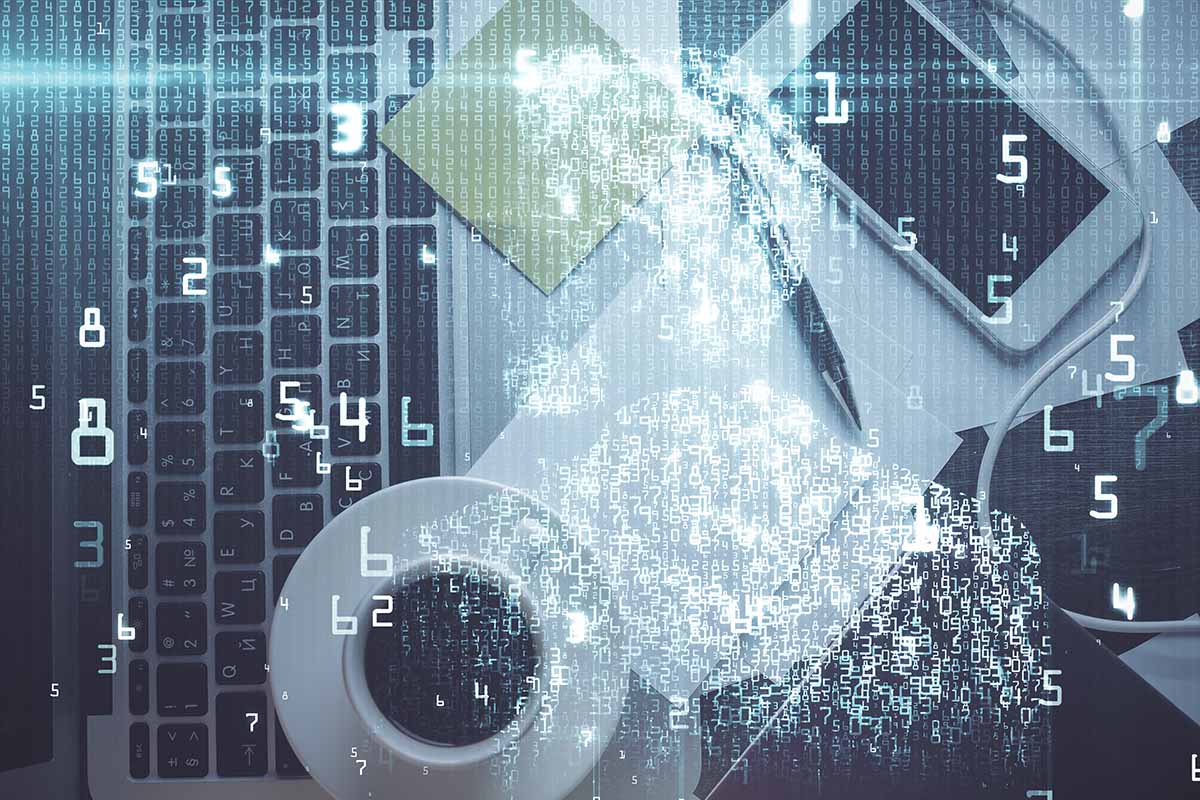Cybersecurity for the Average User
Key Points
- Strong passwords, multi-factor authentication, and cautious online behavior are essential to protect against phishing and identity theft.
- Regular updates, secure Wi-Fi, and minimizing personal information online help reduce vulnerabilities to cyberattacks.
- Backing up data, monitoring accounts, and staying informed about evolving threats strengthen overall cybersecurity habits.
In today’s digital age, cybersecurity matters to everyone. It’s not just for big companies or IT experts.
Regular people must protect their privacy and personal data, even when playing Dragon slots login.
Cybercriminals target individuals just as often as businesses.
Even small mistakes can lead to big breaches. Knowing basic cybersecurity tips can help keep you safe online.
A Risky Scenario
It’s important to understand online risks:
- Phishing Scams: Fake emails, texts, or websites trick you into sharing passwords or credit card details.
- Identity Theft: Criminals steal your information to impersonate you, often causing financial loss.
- Data Breaches: Hackers gain access to your accounts or stored data.
- Malware: Harmful software damages devices or steals your information.
These risks can lead to financial loss, stress, or legal problems.
A Safe Espace
1. Use Strong and Unique Passwords
Start with strong, unique passwords for each account.
A strong password should have:
- At least 12 characters;
- A mix of uppercase and lowercase letters, numbers, and symbols;
- No easy-to-guess details like your name or “password123.”
Use a password manager to create and store passwords securely.
It helps you avoid reusing passwords and makes managing them easier.
2. Enable Multi-Factor Authentication (MFA)
Multi-factor authentication (MFA) adds extra security. It requires two or more ways to verify your identity:
- Something you know, like a password
- Something you have, like a code sent to your phone or email
- Something you are, like a fingerprint
Even if your password is stolen, MFA makes it much harder for attackers to access your accounts.
3. Be Wary of Phishing Attempts
Phishing is common among cybercriminals. Protect yourself by:
- Check Emails Closely: Watch for spelling errors, generic greetings, and strange email addresses.
- Avoid Clicking Links: Hover over links to see the URL first. If unsure, type the website address into your browser.
- Verify Requests: If someone asks for sensitive information, contact the organization directly to confirm.
4. Keep Software and Devices Updated
Outdated software often has security vulnerabilities that cybercriminals exploit. Regularly update:
- Your operating system (Windows, macOS, etc.)
- Browsers and plugins
- Applications and antivirus software
Always enable automatic updates where possible.
5. Secure Your Wi-Fi Network
An unsecured Wi-Fi network is a risk. Here’s how to protect it:
- Change the Default Password: Default passwords are easy to guess.
- Use WPA3 Encryption: Make sure your network uses the latest encryption protocol.
- Hide Your Network: Set your Wi-Fi to “hidden” so it doesn’t broadcast its name (SSID).
6. Limit Personal Information Online
Oversharing online can make you a target for cybercriminals. Minimize your risk with these steps:
- Check Privacy Settings: Limit who can see your posts and personal details on social media.
- Think Before You Share: Don’t post sensitive info like your address or phone number publicly.
- Be Cautious: Ask yourself if a website really needs the information it’s asking for.
7. Use Secure Connections
When entering sensitive information online, make sure the website is secure:
- Check for a Padlock: Look for the padlock symbol in the browser’s address bar.
- Verify the URL: Ensure it starts with “https://” instead of “http://”.
- Avoid Public Wi-Fi: Don’t do online banking or shopping on public Wi-Fi. If you must, use a VPN to encrypt your data.
8. Back Up Your Data Regularly
Backing up your data helps you recover files if something goes wrong. Follow these tips:
- Use Local and Cloud Backups: Save files on an external hard drive and in the cloud.
- Set Automatic Backups: This prevents you from forgetting to back up.
- Encrypt Sensitive Files: Add extra security to important files in your backups.
9. Be Cautious with Downloads and Links
Cybercriminals hide malware in fake downloads or links. Protect yourself with these tips:
- Download from Trusted Sources: Only get software from reputable sites.
- Avoid Unknown Email Attachments: Don’t open files from people you don’t know.
- Use Antivirus Software: Scan files before opening them.
10. Monitor Your Accounts and Credit Reports
Check your bank statements, credit card bills, and credit reports often. Look for any unusual activity.
Spotting unauthorized transactions early can reduce financial loss. Enable alerts from your bank for suspicious transactions to stay informed.
Staying Informed
Cybersecurity threats are always changing. Stay informed with these tips:
- Keep Learning: Read articles, watch videos, or join cybersecurity workshops.
- Subscribe to Alerts: Get updates from trusted groups like the FTC or CISA.
- Teach Your Family: Share your knowledge, especially with kids, to build safe online habits.
What to Do If You’re Hacked
Even with precautions, breaches can happen. If you think your accounts or devices are compromised:
- Change Passwords: Update passwords for affected accounts and any others using the same login.
- Enable MFA: Add extra security to stop further access.
- Run an Antivirus Scan: Check your devices and remove any malware.
- Monitor Finances: Look for unusual transactions and report unauthorized charges.
- Report the Breach: Inform authorities or the service provider to help address the issue.
Protect Your Data
Cybersecurity doesn’t have to be hard. Simple steps can greatly lower your risk of cybercrime.
Protecting your information and privacy takes effort, but it’s worth it for the peace of mind. Stay alert, stay informed, and make cybersecurity a daily habit.





















